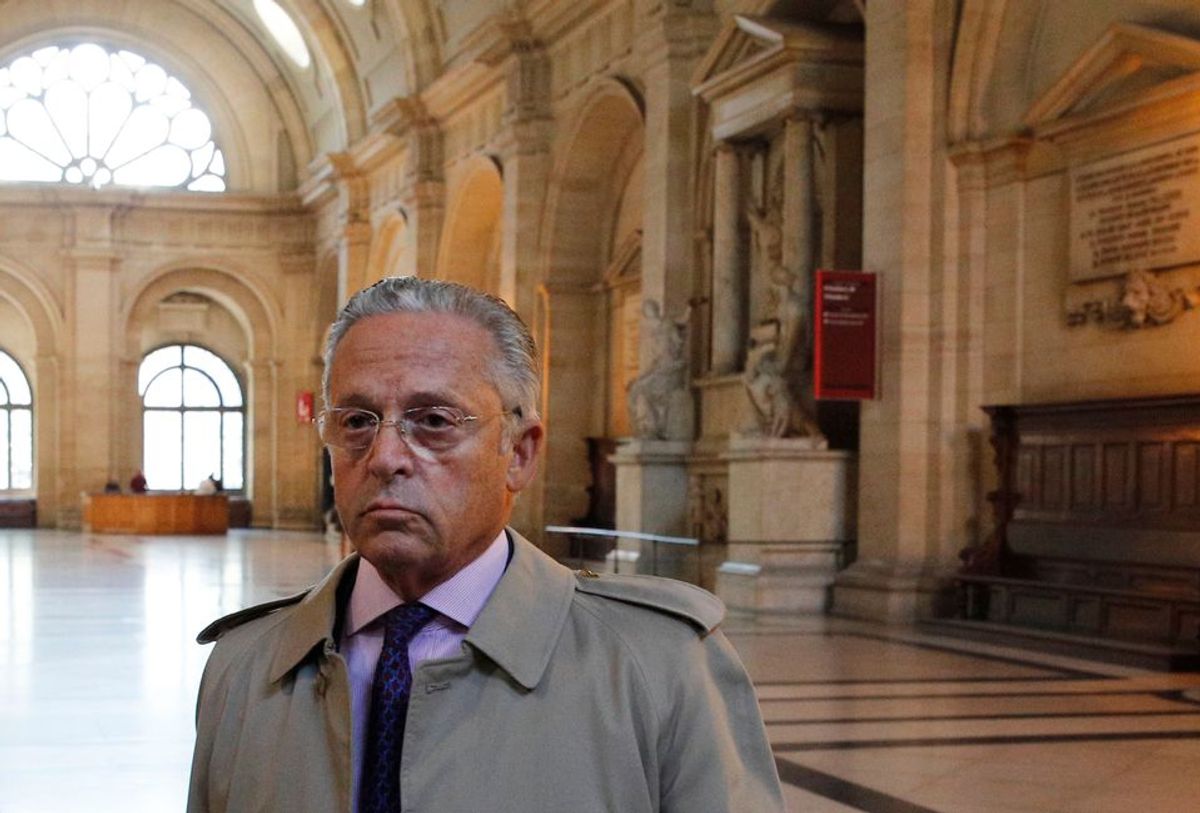In a new twist to a decade-long saga, France’s High Court has ordered the retrial of a fiscal fraud case against the heirs of the Wildenstein art-dealing dynasty.
In 2017, Guy Wildenstein and his nephew, Alec Jr, were acquitted of all charges by the criminal court of Paris. The verdict was upheld in appeal in 2018. The prosecution had asked for Guy Wildenstein to be fined €250m and demanded the family pay €616m in outstanding taxes, an absolute record for such a trial in France.
The family was accused of having “omitted substantial properties detained by trusts and other entities in tax havens in declarations of inheritance” after the deaths of Daniel Wildenstein (in 2001) and his son Alec (in 2008). But at the time judges ruled that “no fiscal fraud can be held against Guy and Alec Jr Wildenstein”, because there was “no legal provision ruling the taxation of goods deposited under foreign trusts” prior to the introduction of a fiscal law in 2011.
The court also ruled that the prosecution was unable to provide evidence that the Wildensteins hid their wealth under sham trusts in order to defraud the tax office. Some of the facts were also considered prescribed. Alec Wildenstein’s widow, three legal counsels and two trustees from Guernsey and the Bahamas were also cleared.
However in this new twist, the High Court now considers that the statute of limitations does not apply to Alec Wildenstein’s succession. Moreover, France’s highest court deems that the appeals court “wrongly considered there was no obligation at all to reintegrate the assets from trusts in inheritance” before 2011 and so “did not justify its decision” to clear the use of all these funds.
“The High Court says there is a problem, but it does not solve it for our specific case. Discharge is still possible considering the circumstances,” Guy Wildenstein’s lawyer Hervé Témine tells The Art Newspaper. He and his associate Hervé Dezeuze say they are confident this will lead “to a third acquittal” of their famous client.


